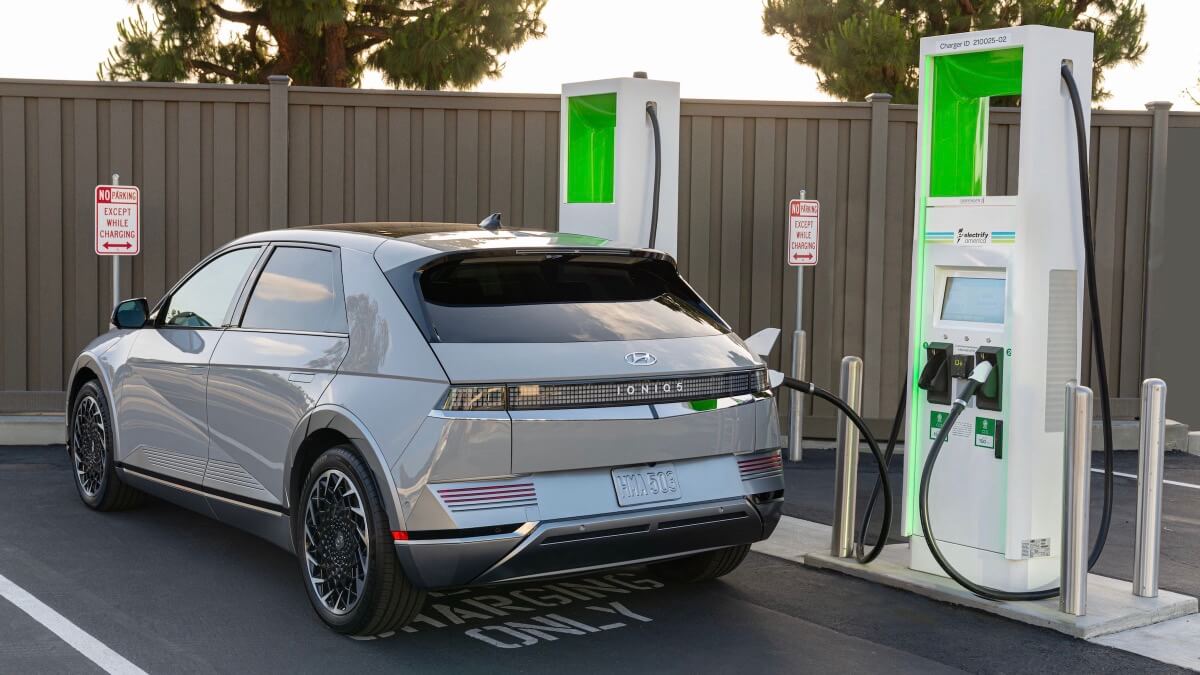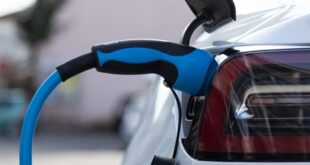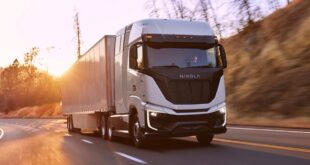The U.S. government is pouring over $500 million into new EV charging stations, aiming to make electric vehicles more accessible than ever before.
The U.S. is making significant strides in expanding its electric vehicle (EV) charging infrastructure, with over $521 million in new grants set to fund more than 9,200 charging stations across 30 states. This latest push is part of a broader effort to support the growing adoption of EVs and ensure that charging stations are as common and accessible as gas stations.
Since the Biden administration took office, the number of public EV charging points in the U.S. has doubled, now totaling over 192,000. And this number is only growing, with around 1,000 new chargers being added every week. This rapid expansion is largely thanks to the funds provided by the Charging and Fueling Infrastructure (CFI) Discretionary Grant Program, which is a key component of the Infrastructure Investment and Jobs Act.
California, unsurprisingly, is receiving the most significant portion of the funding. The state will see five major projects funded, including the largest one—a $102 million investment in the West Coast Truck Charging and Fueling Corridor Project. This initiative aims to deploy charging and hydrogen fueling stations along 2,500 miles of key freight corridors in California, Oregon, and Washington. These stations will support zero-emission medium- and heavy-duty vehicles, which are crucial for reducing emissions in the transportation sector.
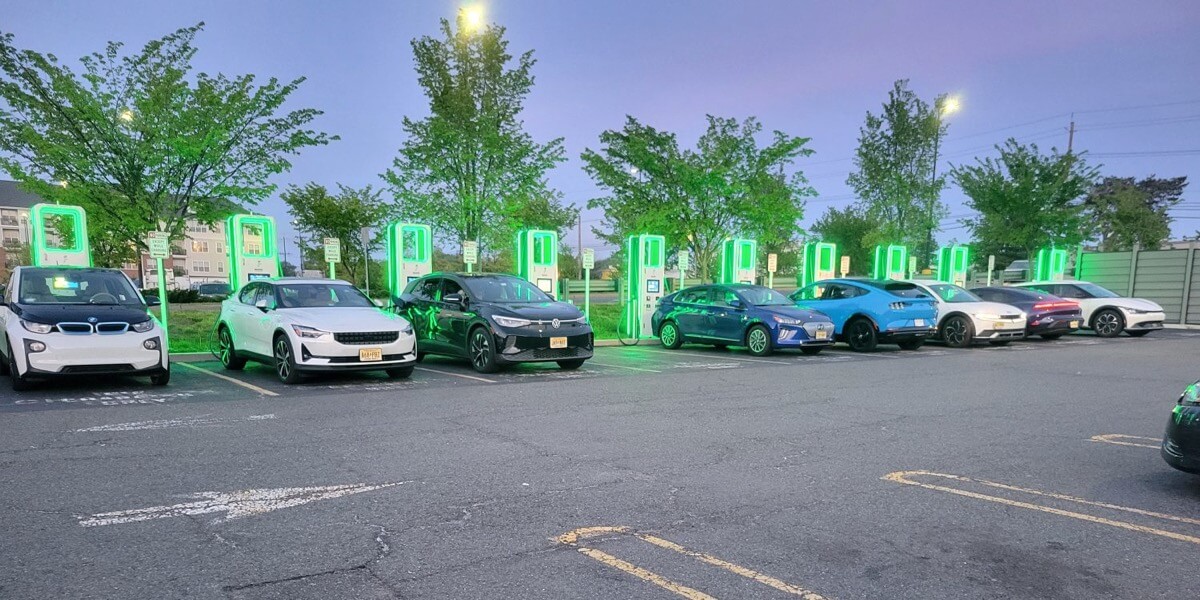
On the other end of the spectrum, a small but impactful grant of $500,000 will go to University City, a suburb of St. Louis. This grant will fund up to 32 charging points in a historically disadvantaged area, making sure that EV infrastructure reaches all communities, not just the wealthiest or most densely populated.
The U.S. government’s push for more charging stations is about more than just convenience—it’s also about ensuring that America leads the EV revolution. Transportation Secretary Pete Buttigieg highlighted that this historic infrastructure package is designed to create a nationwide EV charger network, making it easier for all drivers to access reliable and convenient charging. The goal is to make charging an EV as simple and routine as filling up a gas tank, which will not only make EVs more practical for everyday use but also help reduce pollution and greenhouse gas emissions.
However, it’s not just about adding more chargers; it’s also about where they’re placed and how they’re used. While most of the new chargers will be traditional EV ports, a significant portion of the funding is also being directed toward fast-charging projects along designated Alternative Fuel Corridors. These corridors are essential for long-distance travel, ensuring that drivers can quickly recharge their vehicles on major highways.
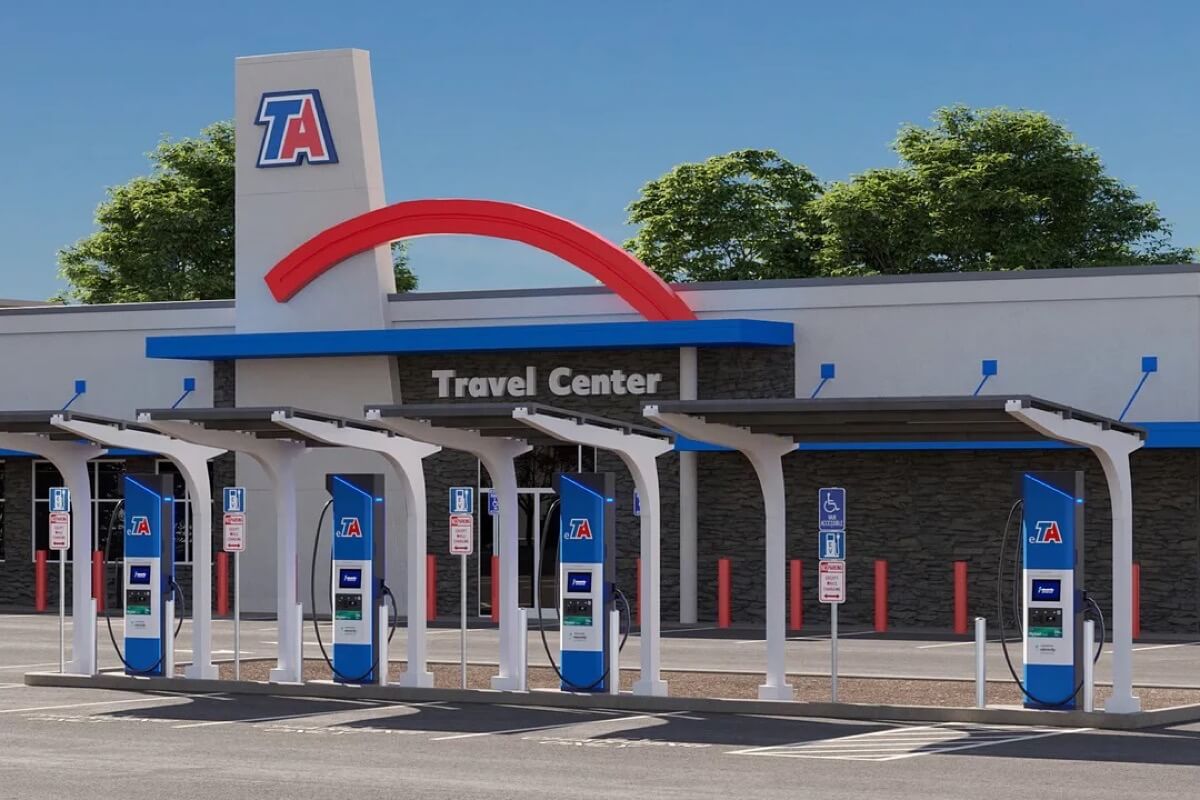
Despite the rapid growth in charging infrastructure, there’s been a noticeable slowdown in the growth of EV sales. While the number of chargers is increasing, the U.S. Energy Information Administration reported that battery-only EVs accounted for just 7.1% of the U.S. light-duty vehicle market in the second quarter of 2024, a figure that hasn’t changed much from earlier in the year.
The Biden administration’s goal is for half of all new passenger vehicle sales in the U.S. to be electric by 2030. With the current pace of infrastructure expansion, the U.S. is well on its way to supporting this shift, but the challenge remains in encouraging more consumers to make the switch to electric vehicles.


